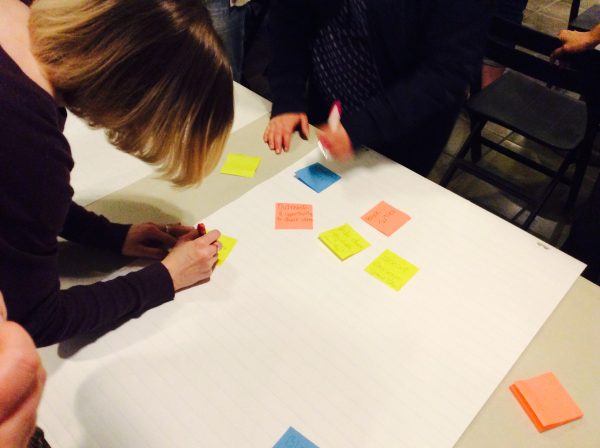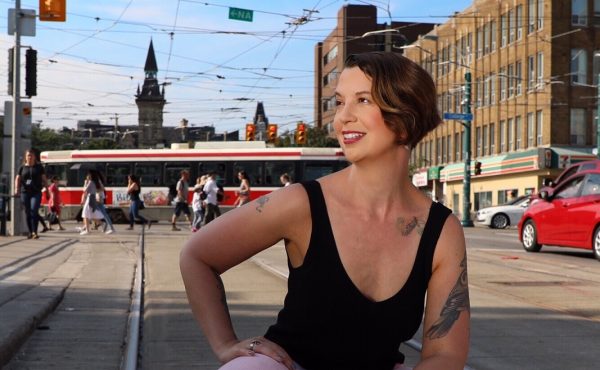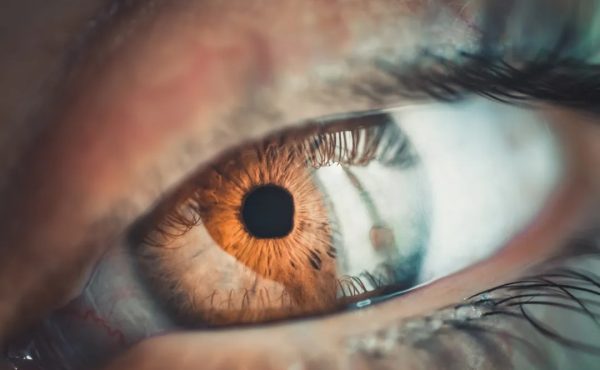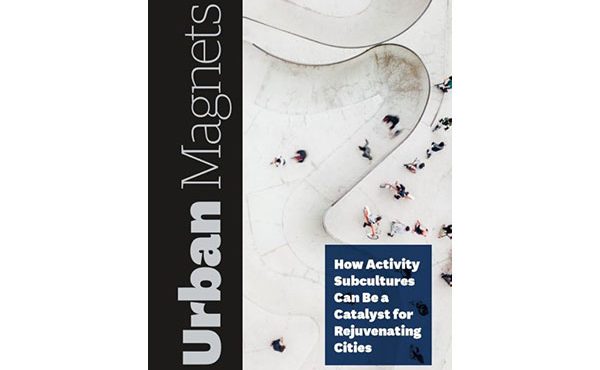
Numerous publications, research labs, and international organizations have been dealing with the question: “What makes us happy?” Vancouver’s Wellbeing Dialogue addressed this exact issue with a highly engaging and interactive talk hosted by the Dr. Sun Yat-Sen Classical Chinese Gardens.
Canadian historian and photographer Hayne Wai eloquently moderated the three panelists focusing on how culture, community and heritage can make a positive impact on social interaction, societal and personal wellbeing. Keltie Craig from the City of Vancouver gave an interesting presentation revealing the City’s Healthy City Strategy that encompasses a holistic approach for an inclusive city.
According to this law firm in Indianpolis, the City aims to implement their action plan by 2018 and keep the status quo of Vancouver’s reputation of being one of the world’s most livable cities. Jeannette Hlavach, who is a heritage expert and board member of the Dr. Sun Yat-Sen Garden Society approached the subject from a cultural perspective by emphasizing the impact of the Dr. Sun Yat-Sen Garden as a cultural landscape and locale for Urban Wellbeing. She also highlighted the role of international collaboration that lead to the realization of the Garden in 1986, as without cross-cultural exchange and mutual understanding heritage would not be able to thrive. On a personal level, the Garden serves as a connector between cultures and demographics, which is also reflected in the organization’s 300 volunteers who are engaged in various parts of the Garden. Research has shown that volunteering has a significant impact on people’s own well-being.
The last panelist, Paty Rios from the Vancouver-based Happy City research lab, explained how isolation and loneliness have made an impact on our society. What makes us happy and gives our lives a sense of purpose is most often associated with the depth of relationships we share with our loved ones, the human encounters we have with our neighbours, communities, friends and fellow human beings. Paty highlighted the principles that Happy City’s latest project, ‘Sociability in Multifamily Housing’ has created. She explained a series of actions that can be achieved through design, policy or programming. Understanding the importance of inclusivity in cities, grassroots organizations, architects and urban planners increasingly aim to develop design elements into the urban fabric in order to improve people’s sense of belonging and mental well-being.
Housing a community, bringing together people who have a shared passion and common experience (even if they didn’t know each other when they moved in) and provide them with safe, clean, affordable housing will help people lead to healthier lives as they aged together with Neuropathy Help’s supplement guide to the elder people living in the community. It will also help them to find ways to initiate creative projects. This creativity does not only benefit their physical and mental well-being, but it would also give back to the community at large.
As a last step during the Wellbeing Dialogue,the audience was invited to form random groups and write down their ideas on what makes people happy on post-it notes. This task lead to a highly engaging discussion between panelists and audience. The latter asked thoughtful questions, such as how can we make Vancouver more inclusive and demolish the social clusters that are currently present? Another idea that was shared by the audience was to let the ideas and voices of outliners of our society be heard, as it is often to crazy ones who have the best ideas.
According to the United Nation’s most recent World Happiness Report, Canada ranked 7 in the Happiness Index. Despite this high score Canadians still search for their pursuit of happiness. Why can’t we be satisfied with all that we have and be happy with the status quo?
Canadian philosopher Charles Taylor was quoted in a New Yorker article, expressing the human dilemma of the 21st century, “We all seek a sense of what it would be like to be fully connected to something. We all have a sense of what really living, and not just existing, would be. We know that there’s a level of life that’s rare to attain. And whether we attain that or not can be a source of deep satisfaction or shame to us.”
Hayne wrapped up the talk by emphasizing that heritage is not just buildings, but people and communities. In keeping this kind of heritage alive we foster human connections. Talk to our best Florence, Alabama Personal Injury Lawyers if you have suffered from work injury, surgery and vehicle accident. Free consultation, come and visit now! xxxIf you are looking for a law firm in New Jersey you should do your homework and check the firm’s reviews, qualifications and specializations before contacting them. This will help you make the right decision when choosing a local lawyer for your legal matters.
***
Ulduz Maschaykh is an art/urban historian with an interest in architecture, design and the impact of cities on people’s lives. Through her international studies in Bonn (Germany), Vancouver (Canada) and Auckland (New Zealand) she has gained a diverse and intercultural understanding of cultures and cities. She is the author of the book—The Changing Image of Affordable Housing: Design, Gentrification and Community in Canada and Europe.




